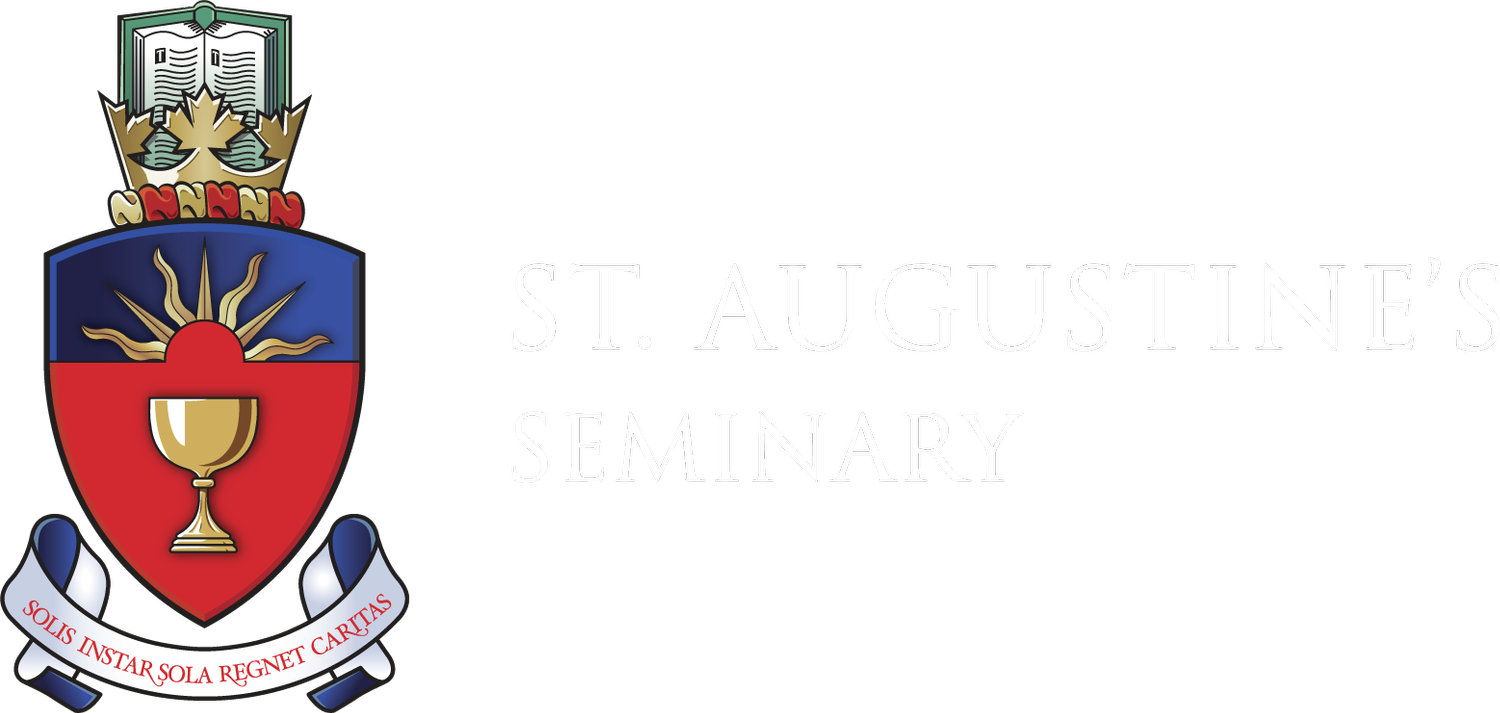Dr. Ky Heinze
Adjunct Professor, Ecclesiastical Faculty of Theology
EDUCATION
B.A. Double major in Bible and History (Honors Program) (2003, Bryan College, Dayton, TN)
M.Th. Theology in History (2005, University of Edinburgh, Scotland)
M.A. Church History (2008, Catholic University of America, Washington, D.C.)
Ph.D. Early Christian Studies (2015, Catholic University of America, Washington, D.C.) - Dissertation directed by Philip Rousseau.
Area of Specialization
Dr. Heinze's expertise is Greek Christian theology of the second through the fourth centuries, with a special emphasis on Origen of Alexandria. The topics he has explored include early Christian views of salvation through Christ (particularly the "ransom" of sinners), the relationship between the human and divine in Christ, the interpretation of Scripture, divine providence, the problem of evil, and demons. Heinze's research is based on an analysis of original Greek and Latin texts and takes into account the cultural, philosophical, and historical context of Hellenism and the Roman world.
BIOGRAPHY
Dr. Heinze is Associate Professor and Chairman of the Department of Classical and Early Christian Studies at Our Lady Seat of Wisdom College, where he has taught courses on Latin, early Christian theology, and Roman culture for nine years. He is also an adjunct faculty member for the Licentiate in Theology and Patristic Studies at St. Augustine's Seminary in Toronto. He has written a monograph on Origen of Alexandria for Cambridge University Press and an article on early Christian views of the ransom of sinners for Oxford University Press. He has delivered seventeen conference papers and invited lectures, including a commencement address; and he received a research grant from the North American Patristics Society in 2018.
Publications
Dr. Heinze's monograph Origen on Demonic Executioners and the Problem of Evil (under review with Cambridge University Press) shows how Origen inherited and developed a vision in which the actions of Satan and his demons, although evil, are used by God's providence for good. Dr. Heinze completed this monograph during his recent sabbatical in Bologna, Italy (2024-2025), where he engaged with European scholarship, presenting at the Department of Classical and Italian Philology, dialoguing regularly with Lorenzo Perrone (the editor of Origen's recently discovered Greek homilies on the Psalms), and attending meetings of the Italian Research Group on Origen and the Alexandrian Tradition.
Dr. Heinze's article "How Satan Stayed God's Executioner" (in preparation) builds on his monograph. According to a misguided scholarly consensus, Christian thinkers in the Patristic era departed from the Biblical view that Satan is subservient to God and emphasized his independence and power to the point that Christianity became a semi-dualistic religion. Heinze's article shows this is false by collecting and analyzing multiple Patristic references to Satan as God's "executioner" (Greek δήμιος; Latin carnifex), a nefarious character whose evil actions nonetheless serve God by disciplining sinners.
Dr. Heinze's article "The Devil's Ransom and Christology in Origen and the Cappadocians" (Journal of Theological Studies 74 (NS), no. 2 (2023)) shows that Origen believed Christ's humanity can function separately from his divinity in some contexts. Thus, Origen was able to argue that, when Jesus offered his soul or blood to ransom sinners from the devil, his divinity was not involved. In contrast, Gregory of Nazianzus believed that the human and divine in Christ cannot be separated. Thus, for him, any ransom to the devil would have included Christ's divinity, which he considered outrageous, and this is the main reason for Gregory's famous (but misunderstood) rejection of the devil's ransom.
Finally, Dr. Heinze is collaborating with Dr. John Solheid to translate the Greek fragments of Origen's exegesis of Lamentations -- a work they hope to submit for publication in the summer of 2026.


